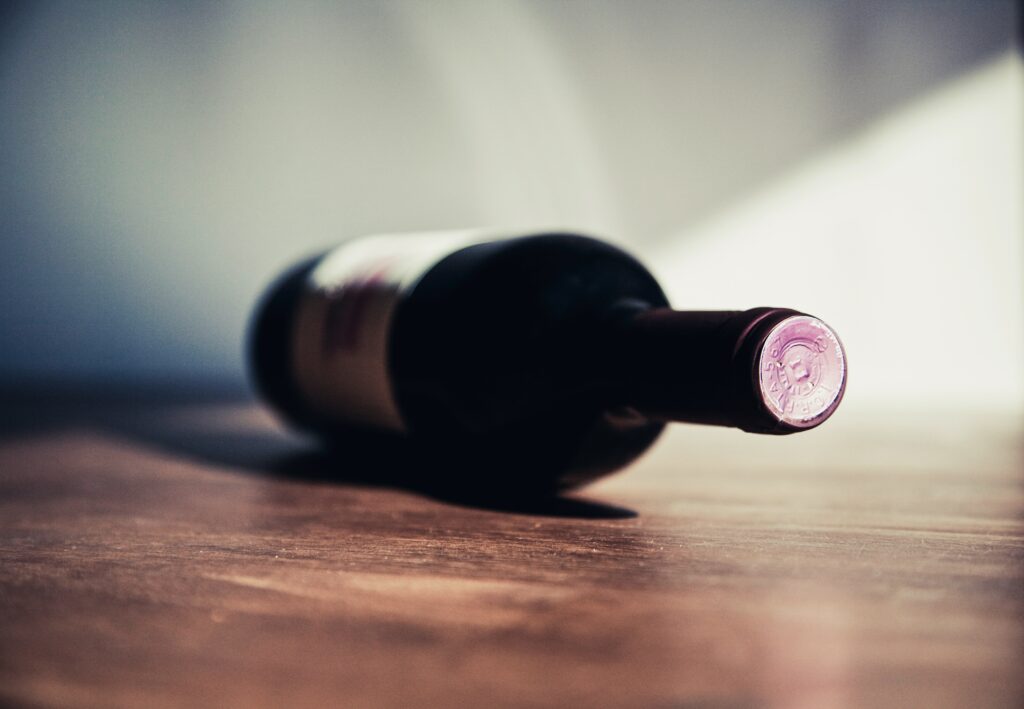There was a time just a handful of decades back when investing in fine wines was reserved for the rich and famous. However, since the Yuppie boom of the 1980s and the rise of the Oligarchs in the 1990s, there has been a whole new investor generation of fine wines.
As technology has come into play and the wealth of western nations has increased, fine wine investing is now attainable for many who would previously not dared to dream that such an opportunity could prevail.
Many would also believe that a temperature controlled wine cellar was a prerequisite for investment wines. Truth be told, most investment grade wines are securely stored in a bonded warehouse, where on the most part, they remain for a considerable amount of time.
If you would love to start investing in the liquid asset of fine wines but do not know what to look for in investment wines, look no further, as we explain here.
What makes investment wines investable?
Rarity equals luxury, and that’s something everyone wants to get their hands on, but not everyone has the means, which makes it even more coveted. With wine, this rarity increases when someone enjoys a bottle of their collection, decreasing the available stock and increasing the value.
Exceptional quality grapes age well over time, the wine mellows and the taste becomes even more sumptuous as the years go by.
What to look for in investment grade wines
Your average supermarket wine is not of investment grade or quality, even if you pay a decent amount for them. Just by carefully storing a decent bottle of wine for five years does not an investment make.
You certainly don’t need to be a wine expert to start investing in fine wines, but it does pay to have a deep appreciation of the history, the character and the quality of wines to ensure you’re backing the right horse, or so to speak.
Whether you’re looking for future wines to invest in or you’re interested in the classics, the principles are the same for investment wines.
- Vintage – A strong investment will come from a wine of exceptional terroir. This will produce the highest quality of grapes.
- Ageability – Consider the colour, tannins, acidity, alcohol level, complexity and storage. The higher and more punchy wines will last the longest and mature beautifully over many years, even decades.
- Prestige – The stronger the brand, your fine wine investment has greater potential.
- Popularity – The wine critics score is a good indicator, and it’s wise to look out for wines with a higher score than 95 percent.
- Scarcity – Look for wines with limited stock release or special releases.
You do not need to follow this to the letter, but if you follow these relatively closely, you’re not going to go far wrong. Although, all investments come with potential risks.
Without the proper storage, wine can very easily spoil! So, the one element you must ensure is absolutely spot on is the storage of your wine investment; here, there is no compromise if you want to see a return.
Investment wines are a wonderful way to dabble in investing or an incredible addition to your investment portfolio.







